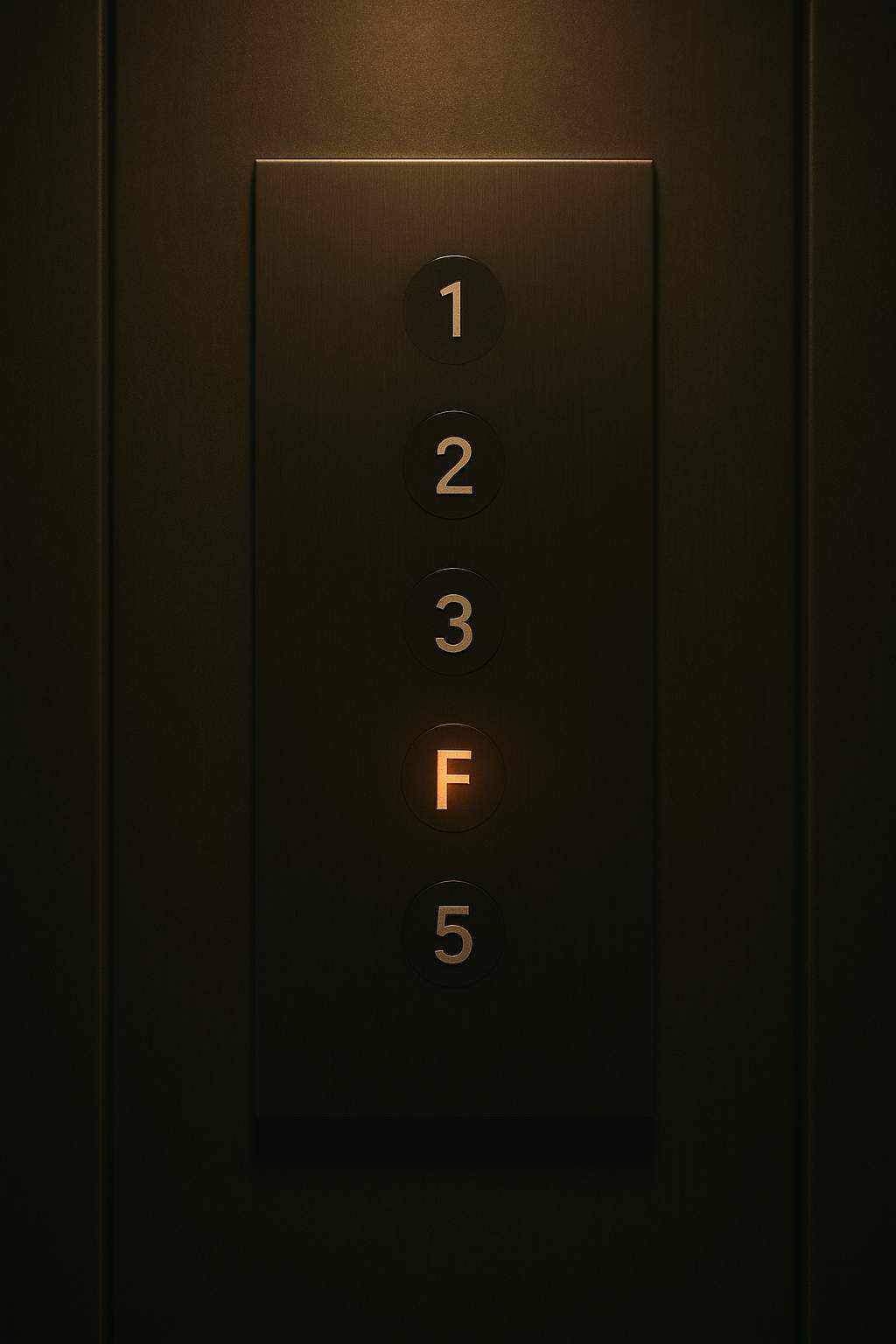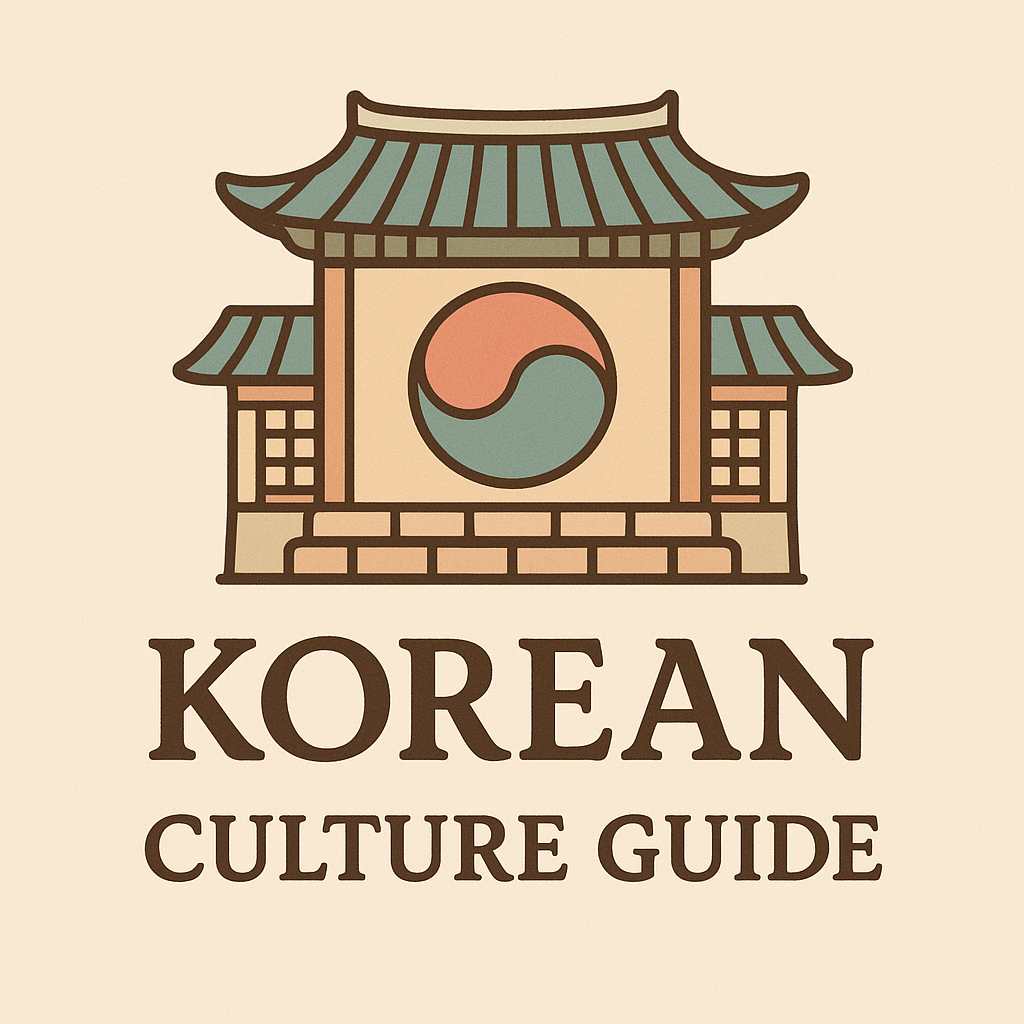-
contents
Unlocking the Superstition Behind Korea’s Most Avoided Number
Elevators skipping the number 4. Hospital rooms labeled 3A instead of 4. Apartment floors mysteriously going from 3 to 5.
Welcome to Korea, where the number four is more than just a number—it’s a powerful symbol of bad luck, misfortune, and death.But why? Why is a single digit so deeply feared in Korean culture?
This article will uncover the origins, meanings, and lingering influence of the fear surrounding the number four in Korea. From linguistic roots to architectural design, we’ll explore how language, tradition, and superstition intertwine in one of Asia’s most quietly observed taboos.
What’s the Deal with the Number Four?
In many Western cultures, the number 13 is seen as unlucky. In Korea—and much of East Asia—it’s 4 that makes people uncomfortable.
This fear even has a name:
Tetraphobia: The irrational fear of the number four.
But in Korea, it’s not irrational—at least not entirely. The fear is deeply tied to language and symbolism.
Let’s dig deeper.
It’s All About the Sound
The Korean word for the number four is “사” (sa).
And the word for death is also pronounced “사” (sa)—though written with a different character (死 vs 四).To be clear:
KoreanMeaningChinese CharacterPronunciation사 (四) Four 四 sa 사 (死) Death 死 sa So when people say the number 4, it sounds identical to the word for death.
This phonetic connection is the root of the superstition. It’s not just Korean—it’s found in China, Japan, and other East Asian countries that use Chinese characters (Hanja/Hanzi/Kanji) in language and culture.
Hospitals and the “4th Floor Problem”
One of the most obvious places you’ll see this superstition in action?
Hospitals.- In many Korean hospitals, the 4th floor simply doesn’t exist—at least not by name.
- The elevator will go: 1, 2, 3, F, 5.
- The letter “F” replaces “4” to avoid directly referencing death.
In a place where life and death are already so present, the psychological effect of being on the “death floor” is avoided at all costs.
You’ll also find:
- No Room 404 (seen as “death-death”)
- Operating rooms skipping numbers that include 4
- Patients requesting to avoid any 4s in their assigned spaces
Even medical equipment serial numbers may avoid 4 in some older institutions.

Apartments, Hotels, and Office Buildings
In real estate, the number 4 is seen as undesirable:
- Apartment units ending in -4 are often less expensive than those ending in 3 or 5.
- Some developers omit the 4th floor entirely, labeling it 3A or F.
- High-rise buildings often skip floors like 14, 24, 34, etc.
In fact, it’s common for people looking to buy or rent an apartment to check the floor number and unit number for 4s—especially older or more traditionally minded Koreans.
It’s not unusual for a Korean buyer to reject a dream home simply because the address includes the number 4.
44 and 444: Doubling Down on Misfortune
In numerology, some numbers carry symbolic weight. In Korea, repetition of the number 4 only intensifies the unease:
- 44: "Double death"
- 444: "Triple death" – considered very ominous
- License plates, phone numbers, or hotel rooms with 444 are actively avoided
Some Koreans will refuse to answer phone calls from numbers with too many 4s.
Even in mobile number selection or business branding, you’ll rarely find 4s used proudly unless it’s deliberate irony.
Historical and Cultural Roots
The fear of 4 goes back to Chinese influence on Korean culture:
- Ancient Chinese philosophies tied numbers to cosmic balance.
- The number 4 disrupted harmony due to its association with death.
- In Korean ancestral rites (제사, jesa), the word 사 (death) plays a critical role, reinforcing the negative connotation.
Over centuries, as Korea absorbed and localized Confucian, Taoist, and Buddhist beliefs, this numerical symbolism became deeply embedded in daily life.
Media and Pop Culture
Korean pop culture doesn’t escape this superstition:
- In horror films, the number 4 is often used to create tension—such as Room 404 in a haunted house.
- Some K-pop groups avoid debuting or promoting with the number 4 in dates, album versions, or tracklists.
- Even variety shows might skip ranking someone 4th, using “joint 3rd” or “special mention” instead.
While younger generations may not believe in the superstition as seriously, they’re still aware of its power in public perception.
Is the Fear Still Strong Today?
In modern Korea, the fear of the number 4 is softening, especially among younger, urban, and globalized generations. However, it’s far from gone.
- Real estate agents still note price dips for 4-numbered units.
- Parents may avoid phone numbers for kids with too many 4s.
- Marketing teams double-check product labels and floor numbers.
It’s now more of a cultural habit than a deeply held belief.
But if you ask someone, “Would you want to stay in Room 404 on your honeymoon?”
Most Koreans would still answer:“Maybe not…”
Superstition or Symbol? A Psychological Insight
Why do such superstitions persist?
Psychologists suggest that symbolic associations like the fear of 4 work because:
- They reduce anxiety by offering a sense of control
- They reflect a society’s collective memory and values
- They function as cultural bonding agents—shared habits that form identity
In Korea, where respect for tradition and harmony is deeply rooted, even a small number like 4 can carry heavy emotional and cultural weight.
How to Be Culturally Aware
If you’re visiting Korea or working with Koreans, here’s what you can do:
✅ Avoid giving gifts in sets of 4
✅ Don’t insist on staying on the 4th floor
✅ Be sensitive when choosing phone numbers, emails, or usernames for Koreans
✅ When in doubt, ask—many younger Koreans may not mind, but they’ll appreciate the respectMore Than Just a Number
The fear of the number four in Korea isn’t about math. It’s about language, history, psychology, and tradition.
It’s a fascinating example of how a sound can shape behavior, how a number can reflect a nation’s soul, and how even today, in a hyper-modern society, ancient ideas still quietly guide everyday choices.
So the next time you see an elevator that goes from 3 to 5…
Know that you’re not missing a floor.
You’re stepping over a deeply embedded cultural silence—one shaped by sound, spirit, and superstition.'culture' 카테고리의 다른 글
K_Culture Guide
Korea Vibes Blog shares real stories, cultural insights, and travel tips from Korea. Discover what makes Korean life so unique.
